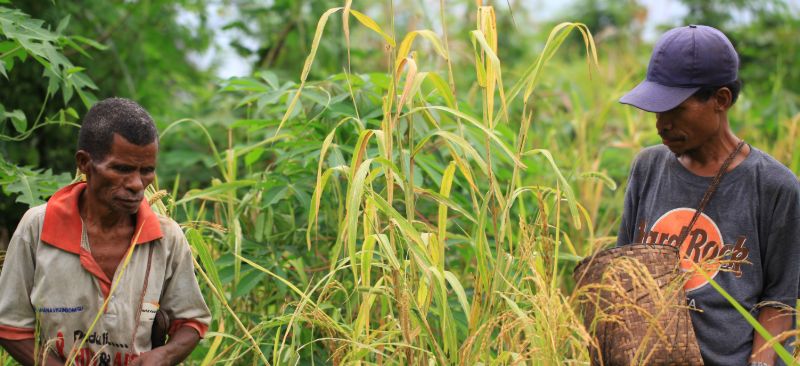Impact of Program Keluarga Harapan (PKH), the largest conditional cash transfer program of Indonesia, on the health outcomes of mothers and children
Oct 26, 2021
1 min
The primary objective of Indonesia’s PKH program is to reduce the burden of expenditure on low-income families and change their behavior toward accessing health, education, and other social welfare services. Our study evaluated the impact of PKH on the critical welfare, health, and education indicators. It provided recommendations to enhance the achievements of the program. […]
The primary objective of Indonesia’s PKH program is to reduce the burden of expenditure on low-income families and change their behavior toward accessing health, education, and other social welfare services. Our study evaluated the impact of PKH on the critical welfare, health, and education indicators. It provided recommendations to enhance the achievements of the program. The key health component of the program covers pregnant women, post-delivery care, babies up to the age of 11 months, and children aged between 1 – 6 years.
The study revealed that PKH continues to positively impact the health and welfare indicators for the beneficiary households. However, the impact on outcomes can improve through compliance monitoring, especially for indicators like the ante- and post-natal care (ANC and PNC) visits for mothers and babies and children’s developmental monitoring.
 Oct 26, 2021
Oct 26, 2021 1 min
1 min
Leave comments